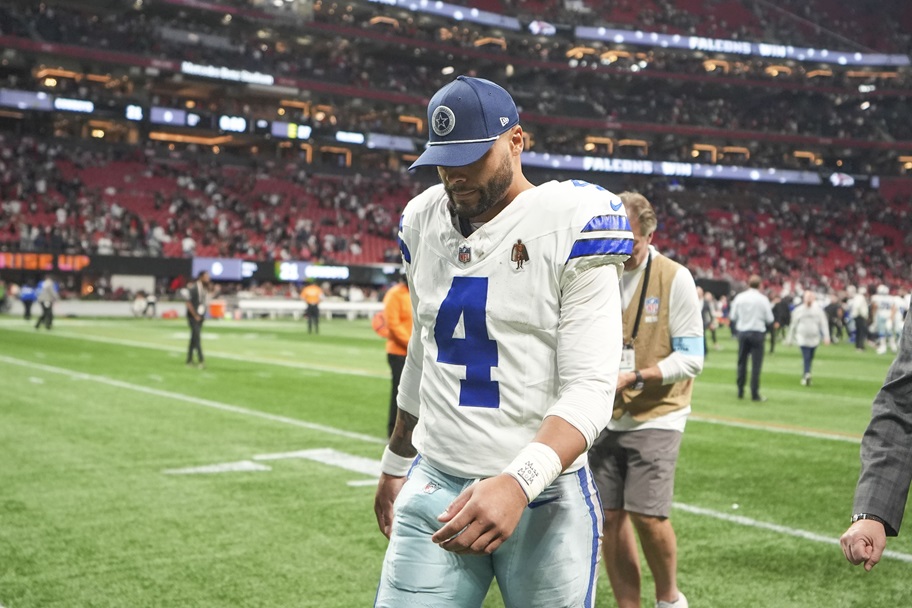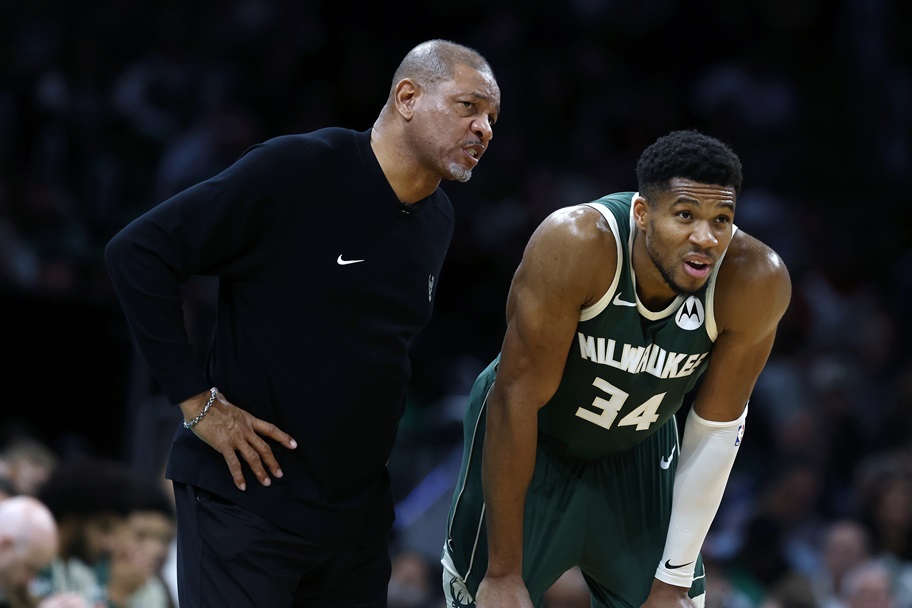- The sale of the Magic City Casino has been put on hold by the Florida Gaming Control Commission.
- According to an application submitted last October 6th, the owners of Magic City Casino have agreed to sell the property to Wnd Creek Miami LLC.
- The main issue is the redaction of the majority of the documents of the transaction which critics say the public needs to scrutinize first.
The Florida Gaming Control Commission refused to authorize the sale of Magic City Casino to the Poarch Creek Indians due to objections that the public needs more information about the deal before final action can be taken.
Magic City Casino sale to Native American tribe on hold https://t.co/pvfKiBJ20q
— South Florida News (@sflnews) December 1, 2022
West Flagler Associates, Ltd., the owner of Magic City Casino, is seeking permission to sell the pari-mutuel to Wind Creek Miami LLC, a wholly-owned subsidiary of PCI Gaming Authority, which in turn is owned by the Alabama-based Poarch Creek Indians.
But the advocacy group No Casinos Inc. urged the Commission to postpone its decision until the public has an opportunity to “more closely scrutinize” the transaction in what is arguably the Commission’s first major tests since its inception in 2021.
All But 2 Pages of the 103-Page Application Were Redacted
According to No Casinos Inc. President John Sowinski, the commission was established “to elevate the public discussion and bring out in the forefront these types of decisions that are made about the gambling industry in our state.”
He added that the public should “have the ability to see and kick the tires of everything that is not truly, truly a trade secret.” Sowinski also noted that 94% of the application’s content was “shielded from the public view”. Sowinski was referring to the fact that all but 2 pages of the 103-page document related to the sale of Magic City were redacted.
Magic City’s lawyer John Lockwood countered that the redactions were intended to ensure “there is no inadvertent dissemination of documents” that are off-limits to the public. These documents include trade secrets that are exempt from the state’s open-record laws. He however pledged to work with the commission and its staff to provide a less-redacted document.
Meanwhile, commission Chairman John MacIver said it would be inappropriate for the commission to take action if there is an over-redaction of documents that the public has not had an opportunity to consider. MacIver told Lockwood that the Commission could meet again later this month to consider the issue.
The sale application was submitted to the commission last October 6th. State law requires a 90-day review period once the applicant has submitted all required documents.
Havenick Family to Sell Magic City Casino
Under the application submitted to the Commission last month, West Flagler Associates – controlled by the Havenick family, entered into a purchase agreement with Wind Creek Miami LLC to acquire 100% ownership interest and equity interest in the permit.
The proposed license transfer would allow the tribe to own and operate Magic City Casino and retain control of the casino’s greyhound permit, which was issued by the state in 1931 when racing was first legalized in Florida. Although the state outlawed greyhound racing in 2018, the license remains in force and since 2004, it has been the ticket that Magic City and other South Florida casinos have used to legally operate slot machines.
The Havenick family’s other gambling interests will not be affected by the sale of Magic City. To date, the Havenicks own a permit to operate a summer jai-alai and poker cardroom in Miami’s Edgewater neighborhood and the Bonita Springs Poker Room near Fort Myers. Those businesses will remain under the family’s control
Wind Creek Miami LLC holds two gambling permits in North Florida, a greyhound permit, and a cardroom in Pensacola, plus a barrel racing track and poker room in Gretna. For more than 10 years, the Poarch Creek Indian tribe has expanded its gambling footprint in the United States. To date, they now have 10 gaming operations, including the Sands Casino Resort in Bethlehem which they acquired from Sands for $1.3 billion in 2019.
In addition to those properties, the company also operates gambling facilities in Atmore, Montgomery, and Wetumpka in Alabama, the Renaissance Aruba and Renaissance Curacao, and the Mobile Greyhound Track in Alabama.




